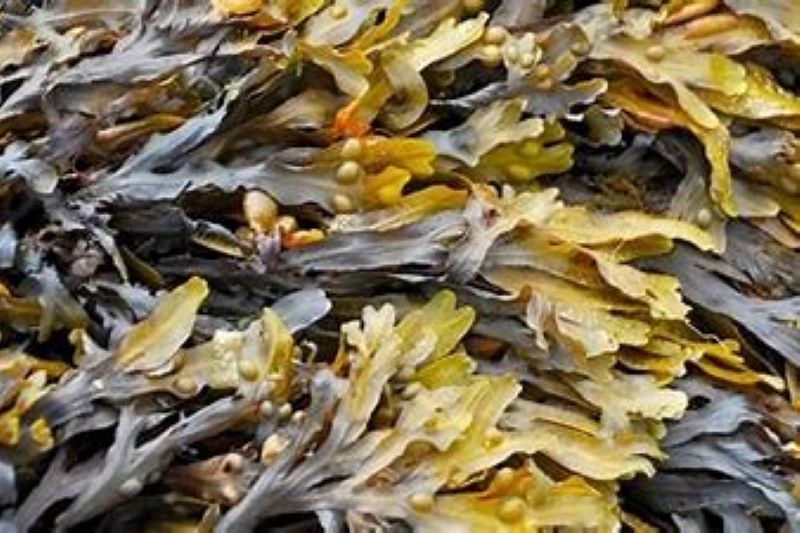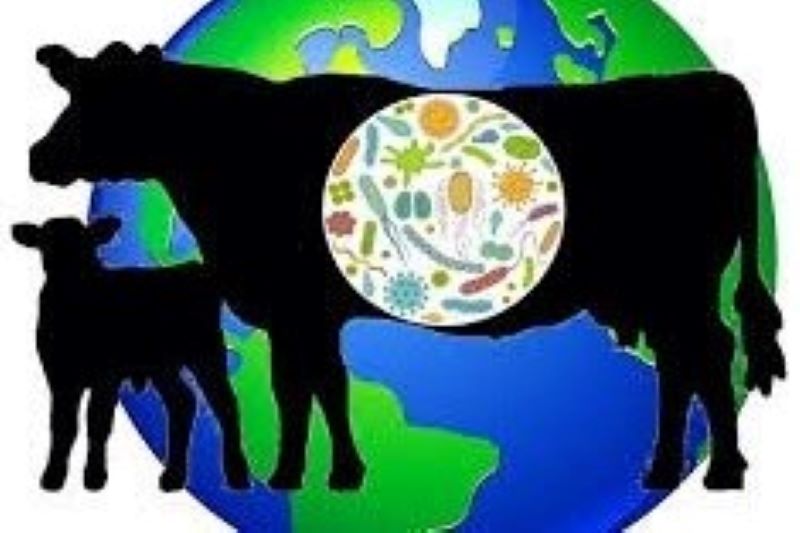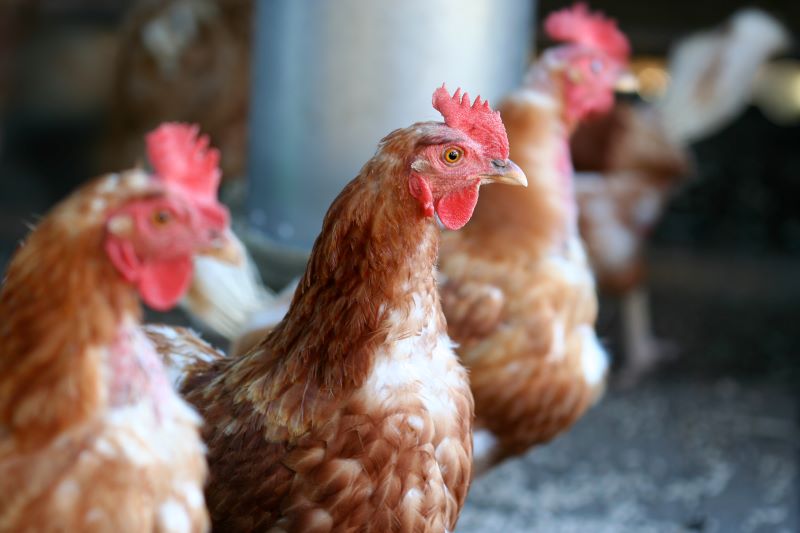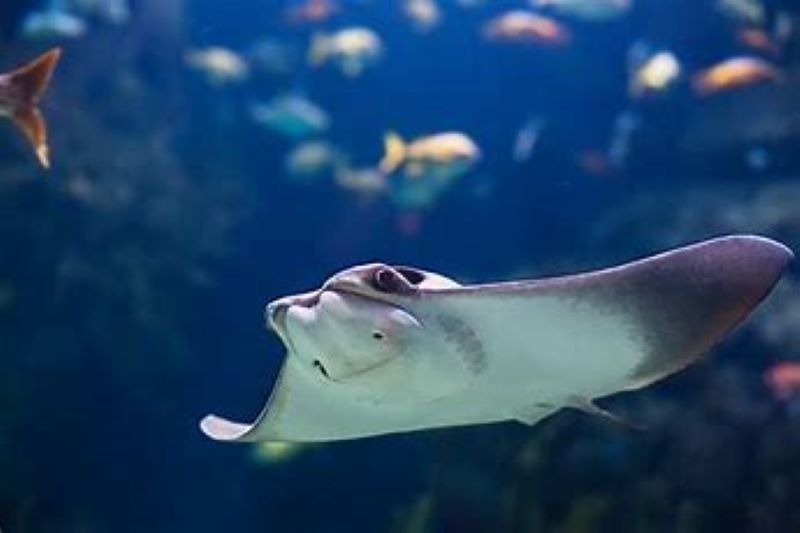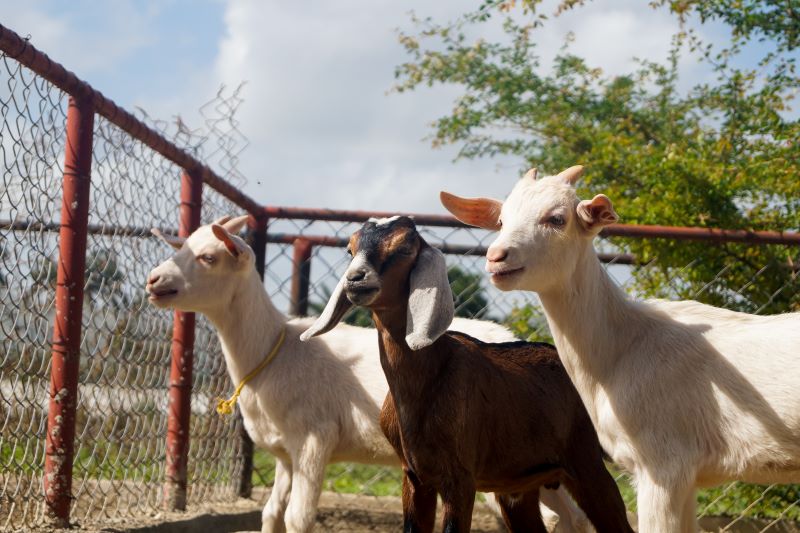Agriculture & Environmental Resilience
Animal production, health, welfare and behaviour plus environmental impact, coupled with monitoring agricultural or climate-change influences on ecosystem resilience, all fall under this wide-ranging theme. As the largest research grouping within IGFS, it spans fundamental and applied sciences, the latter bolstered by a strategic alliance with Northern Ireland’s Agrifood and Biosciences Institute (AFBI).
The critical mass, interdisciplinarity and breadth of research allows this theme to respond to key priorities such as the UN Sustainability Development Goals (Climate Action, Life Above Land, Life Below Water, Partnerships to Achieve Goals) and many UKRI priorities. For example, researchers are well-placed to help deliver UK carbon neutrality by 2050.
Theme members have secured over £11M in total from H2020 and BBSRC. Together with the School of Natural and Built Environment, this theme also hosts the UKRI-NERC funded QUADRAT doctoral training programme (£2.6M, 2019-2027) and has secured funding to develop novel methods to reduce GHG emissions in ruminants.
Recent recruitment in this team has further strengthened capacity in animal and environmental microbiomes and global-change biology across 31.3 FTE academic staff (3 ECRs), 20.4 PDRFs and 81 PhD students.
PROJECT CASE-STUDIES
Research Expertise in Agricultural Resilience & Climate Change
|
|
|
|
|
|
|
|
|
Theme Members:
- Professor Sharon Huws
- Professor Nigel Scollan
- Professor Eric Morgan
- Professor Niamh O'Connell
- Professor Aaron Maule
- Professor Irene Grant
- Professor Chris Creevey
- Professor Mark Emmerson
- Professor Gordon Allan
- Professor John Hallsworth
- Professor John McGrath
- Professor Geoff McMullan
- Professor Nikki Marks
- Professor Jaimie Dick
- Professor Angela Mousley
- Professor Timothy Geary
- Professor Peter Leavitt
- Professor John Dalton
- Dr Deepak Kumaresan
- Dr Katerina Theodoridou
- Dr Linda Stewart
- Dr Gareth Arnott
- Dr Louise Atkinson
- Dr Jason Chin
- Dr Jonathan Dalzell
- Dr Tim Day
- Dr Geoff Gobert
- Dr Christopher Law
- Dr Fuquan Liu
- Dr Paul McVeigh
- Dr Mark Robinson
- Dr Isabella Capellini
- Dr Tancredi Caruso
- Dr Patrick Collins
- Dr Sarah Helyar
- Dr Domhnall Jennings
- Dr Hansjoerg Kunc
- Dr Daniel Pincheira-Donoso

